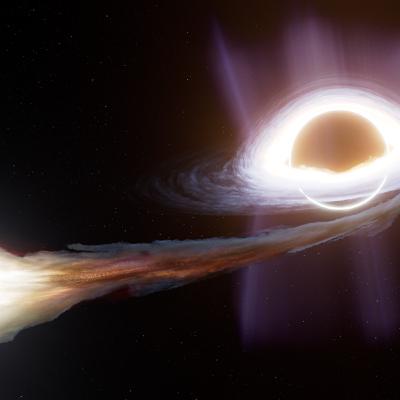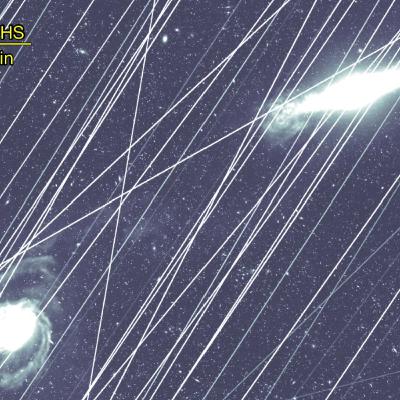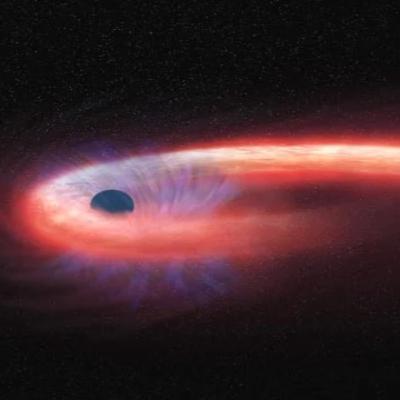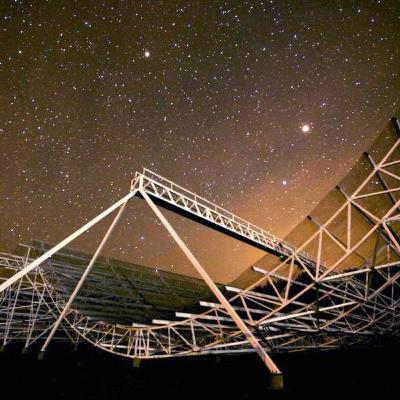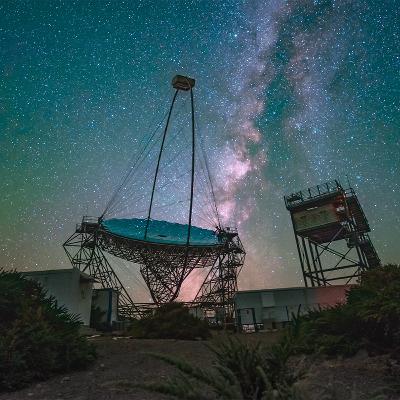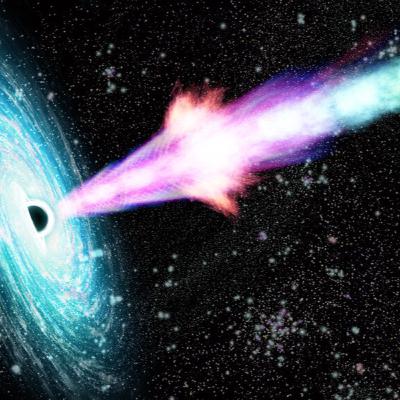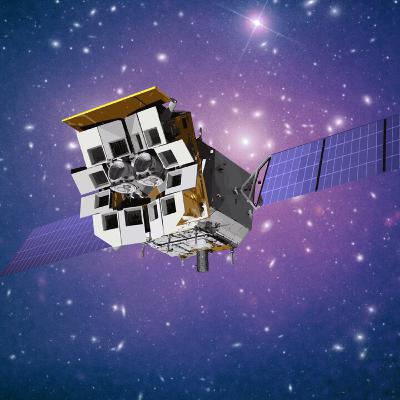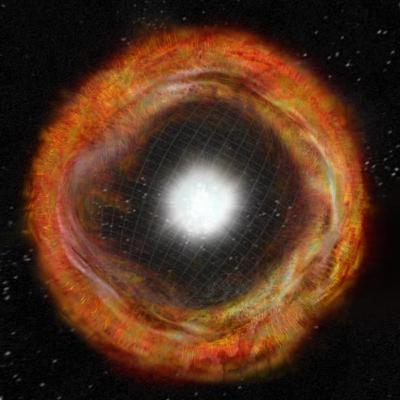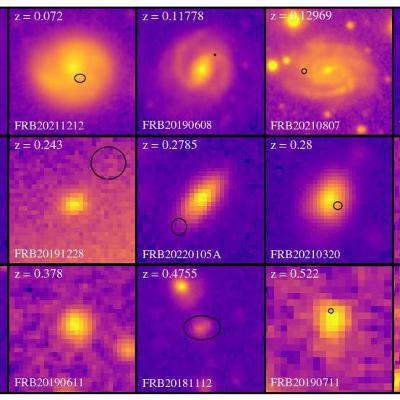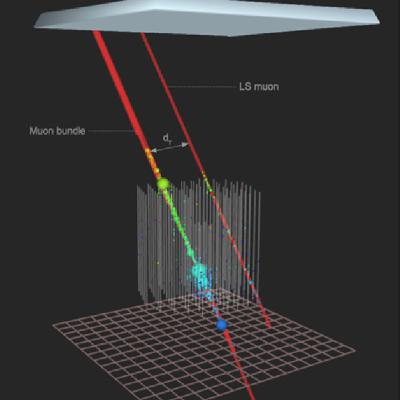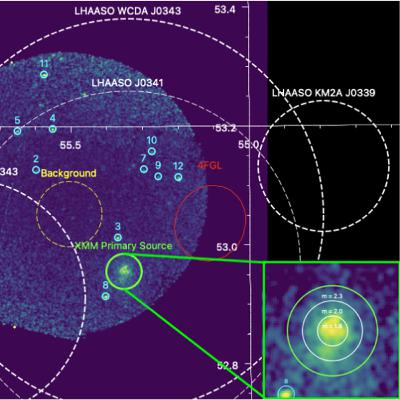A Star’s Death by a Thousand Cuts: The Runaway Stellar Destruction of AT2023uqm
Description
In this episode, we dive into the fascinating and violent world of galactic centers with the discovery of **AT2023uqm**, a new nuclear transient offering unprecedented insights into stellar consumption by supermassive black holes (SMBHs).
AT2023uqm is only the second confirmed case of a star undergoing **repeated partial tidal disruption events (rpTDEs)**, where a star on a bound, eccentric orbit repeatedly loses its outer layers as it approaches the SMBH.
**What makes AT2023uqm unique?**
Unlike its predecessor, AT2023uqm exhibits a novel behavior: a nearly **exponential, or "runaway," increase in flare energy** across its series of periodic outbursts. This escalating brightness is evidence of the star’s progressive destruction over time.
Key observations include:
* **Periodicity:** The transient displays at least five distinct, periodic optical flares. The adopted period is **526.75 ± 0.87 days** in the observer’s frame.
* **Light Curve Structure:** Each flare displays a **similar double-peaked structure**. This structure requires constraints on the progenitor star, suggesting it is either a low-mass main-sequence star or, potentially, an evolved giant star.
* **Multi-wavelength Data:** Follow-up campaigns across optical/UV, X-ray, and radio bands found the optical/UV emission maintains a nearly constant blackbody temperature around 18,000 K. The spectra revealed intermediate-width Balmer lines and strong Fe II and Bowen fluorescence lines.
AT2023uqm serves as a crucial framework for modeling and understanding the runaway mass loss phenomena in rpTDEs. Due to the estimated mass loss rate, scientists anticipate **only one or two more flares** before the star is completely disrupted. Be ready: the next outburst is predicted to peak (the first peak) around **August 26, 2026** (MJD 61278).
**Reference:**
This episode is based on the article: **"A Star’s Death by a Thousand Cuts: The Runaway Periodic Eruptions of AT2023uqm"** by Yibo Wang et al. (2025).
Acknowledements: Podcast prepared with Google/NotebookLM. Illustration credits: Ralf Crawford (STScI)

